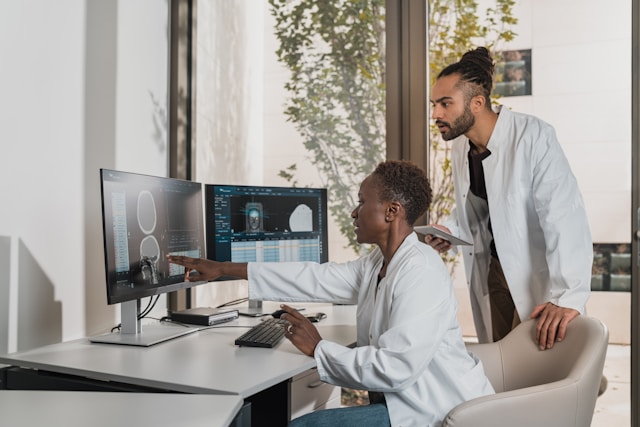The UK’s National Health Service (NHS) is considered one of the most advanced healthcare systems in the world. Here’s how it compares to other systems around the world.
All citizens are entitled to universal health care under the NHS. Since taxes provide most of the funding, it is available to anyone regardless of their financial situation or social status. Let’s cover a few topics and discuss how the NHS performs in the international community.
Protect patients from high bills
Having to have surgery done can be scary for a number of reasons. In many countries, not only is your health at risk, but also your wallet. Yes, you can have insurance, and many people have insurance through their job, but if you lose your job, your next trip to the emergency room may be costly. The UK does a great job of protecting patients from ridiculous medical bills.
However, that doesn’t mean there’s no room for improvement. For example, for dental, only 46% of bills are covered, and for prescription drugs, 59%.
medical staff
The UK has fewer doctors and nurses than similar countries. There are only 3 doctors and 8 nurses per 1,000 people. A significant difference is in Austria, with 5.4 doctors and 10 nurses per 1,000 people. In this sector, the UK is on par with Canada, with 2.7 doctors and 10 nurses per 1,000 people.
With healthcare workers in short supply, a device like the Galaxy Retractor could significantly simplify hospital operations because it can be operated by a surgeon alone, eliminating the need for an assistant.
Administrative expenses
The UK has less administrative spending compared to other countries. The United States leads the way with 8.9% of total spending on health care. This is followed by France (5.5%), Denmark (4.6%) and Germany (4.4%).
By comparison, the NHS spends just 1.9% of its budget on administration, which is the same level as Japan’s 1.8%, Sweden’s 1.7% and Portugal’s 2.1%.
It is important to note that lower administrative spending does not necessarily mean that the system is in good health, it simply indicates that the system is in good health as resources can be used in different areas. Such as having more doctors and nurses and more modern equipment.
Less medical equipment
When it comes to medical equipment, the UK has fewer CT and MRI scanners than other countries. Of course, there is no fixed figure for how many CT and MRI scanners a country needs, but it should still be noted that the UK is on the lower end of the spectrum.
The UK also has fewer beds per 1,000 people, only 2.5. There are an average of 3.2 beds per 1,000 people.
final thoughts
Although the NHS is a good system that works for a large part of the population, there are still areas where it can be improved, especially compared to other countries. Having more doctors and nurses and investing more money in more equipment should be a priority.

